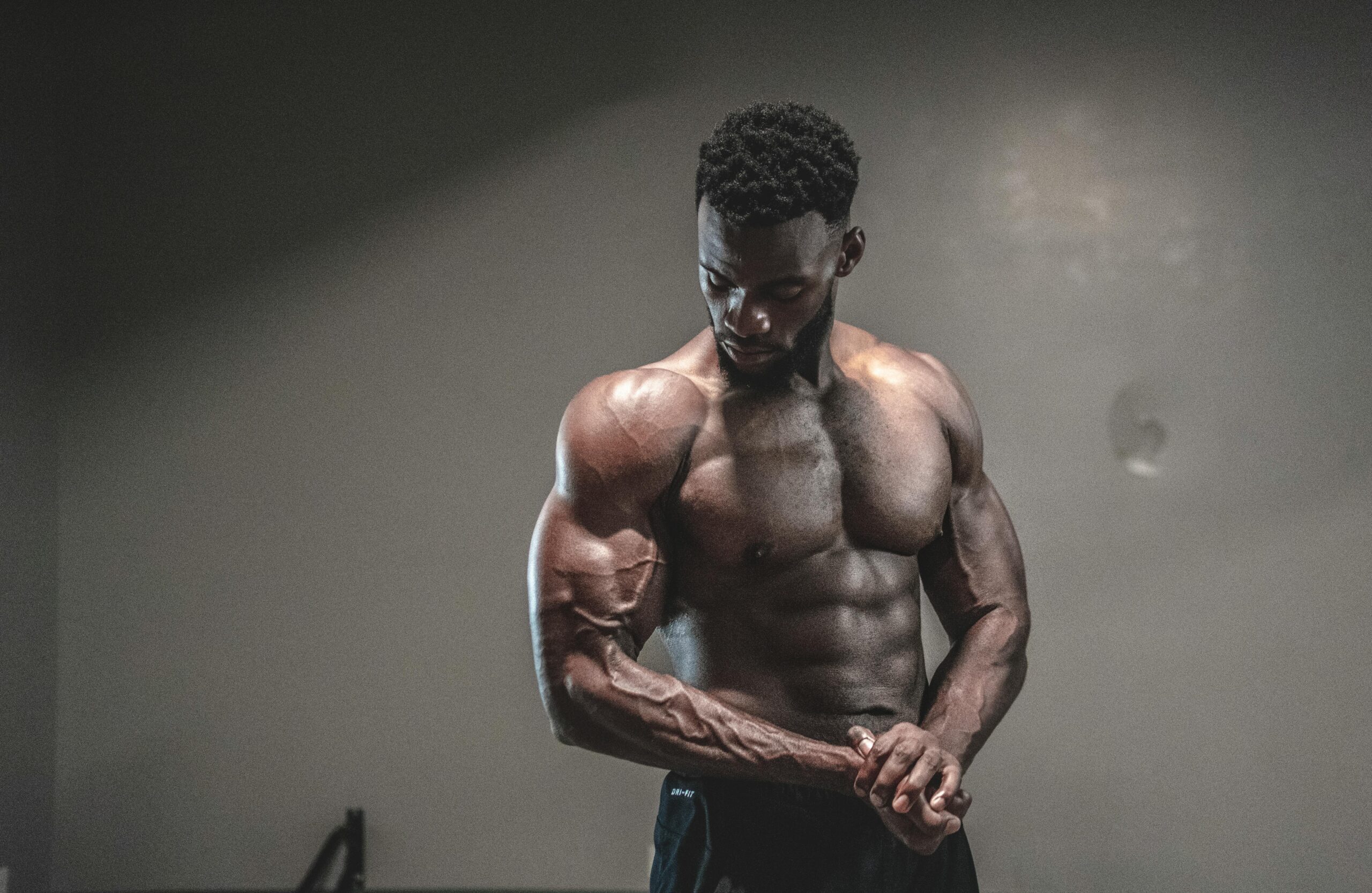Bodybuilding at a high-performance level is as much about nutrition as it is about training. To sculpt a physique that is both aesthetically pleasing and functionally strong, bodybuilders must adhere to a nutrition plan that supports muscle growth, recovery, and overall health. In this blog post, we’ll explore key nutrition strategies that high-performance bodybuilders should consider to achieve their goals.
Understanding Macronutrient Needs
The three macronutrients – proteins, carbohydrates, and fats – play distinct roles in a bodybuilder’s diet.
- Protein: The building block of muscles. High-performance bodybuilders need a higher protein intake compared to an average person to support muscle repair and growth. The general guideline is 1.6-2.2 grams of protein per kilogram of body weight. Good sources include lean meats, fish, eggs, dairy, and plant-based options like beans and lentils.
- Carbohydrates: The primary energy source for high-intensity training. Carbs are crucial for replenishing glycogen stores in muscles. Complex carbohydrates like whole grains, oats, and sweet potatoes are preferred for sustained energy release.
- Fats: Essential for hormone production, including testosterone, which is vital for muscle growth. Sources of healthy fats include avocados, nuts, seeds, and olive oil.
Timing Your Nutrition
Nutrient timing can significantly impact muscle growth and recovery.
- Pre-Workout: A meal rich in complex carbohydrates and moderate in protein about 2-3 hours before training can provide sustained energy.
- Post-Workout: The anabolic window, typically 30-60 minutes post-exercise, is crucial for muscle recovery. A combination of protein and simple carbohydrates during this time can enhance muscle repair.
The Role of Supplements
While whole foods should constitute the majority of a bodybuilder’s diet, supplements can provide additional benefits.
- Whey Protein: Convenient for post-workout consumption.
- Creatine: Enhances strength and muscle mass.
- BCAAs (Branched-Chain Amino Acids): Support muscle recovery.
- Omega-3 Fatty Acids: Aid in reducing inflammation.
Hydration is Key
Hydration plays a pivotal role in optimal athletic performance. Water is essential for nutrient transport and body temperature regulation. Bodybuilders should aim to drink at least 3-4 liters of water daily, more so during intense training days.
Managing Caloric Intake
Understanding and managing caloric intake is crucial.
- Bulking Phase: Involves eating more calories than burned to build muscle.
- Cutting Phase: Focuses on losing fat while preserving muscle mass, requiring a caloric deficit.
Importance of Micronutrients
Micronutrients – vitamins and minerals – are vital for overall health and optimal functioning of the body. A diet rich in fruits, vegetables, nuts, seeds, and whole grains ensures adequate intake of essential micronutrients.
Listening to Your Body
Individual responses to different diets vary. It’s important for bodybuilders to listen to their bodies and adjust their nutrition plan as needed. Factors like energy levels, recovery rate, and overall health are important indicators.
Cheat Meals and Mental Health
While discipline is key in
bodybuilding, it’s also important to maintain a healthy relationship with food. Incorporating occasional cheat meals can help prevent feelings of deprivation and support mental health. However, these should be enjoyed in moderation and not become a regular occurrence.
Diet Diversity
A varied diet ensures that a bodybuilder receives a wide range of nutrients. Incorporating different protein sources, a variety of fruits and vegetables, and alternating carbohydrate sources can enhance overall nutrient intake and prevent dietary boredom.
The Role of Fiber
Fiber is essential for digestive health. A high-protein diet, common in bodybuilding, can sometimes lead to constipation. Including fiber-rich foods like whole grains, fruits, and vegetables helps maintain digestive regularity and overall health.
Importance of Meal Preparation
Preparation is key in bodybuilding nutrition. Preparing meals in advance ensures that bodybuilders have the right food available at the right time, helping them stick to their nutrition plan and avoid unhealthy choices.
Avoiding Processed Foods
Processed foods are often high in unhealthy fats, sugars, and sodium, which can hinder bodybuilding goals. Focusing on whole, unprocessed foods not only supports muscle growth and fat loss but also contributes to overall health.
Balancing Macronutrients
While each macronutrient has its role, balance is crucial. Overemphasizing one macronutrient at the expense of others can lead to nutritional deficiencies and hamper performance and recovery.
Adjusting Diet Based on Training Intensity
Nutritional needs can vary based on training intensity and volume. During heavier and more intense training periods, bodybuilders may need to increase their caloric and carbohydrate intake to support energy demands.
The Importance of Consistency
Consistency in nutrition, much like training, is key to bodybuilding success. Regular, balanced meals contribute to sustained muscle growth and recovery.
Monitoring Progress and Adjusting Accordingly
Bodybuilders should regularly monitor their progress and adjust their nutrition plan as needed. This might involve changing caloric intake, tweaking macronutrient ratios, or altering supplement use based on training phases and body composition changes.
Staying Informed and Adapting
Nutrition science is constantly evolving. Staying informed about the latest research and being willing to adapt nutrition strategies can be beneficial. However, it’s important to approach new trends and diets with a critical eye and ideally consult with a nutrition professional.
Conclusion
Nutrition for high-performance bodybuilders is a complex and nuanced topic. It involves understanding the roles of macronutrients, timing meals effectively, staying hydrated, managing caloric intake, ensuring a diverse and micronutrient-rich diet, and being consistent and adaptable. By focusing on a balanced, informed approach to nutrition, bodybuilders can significantly enhance their performance, recovery, and overall health. Remember, while nutrition is a science, it’s also an art – it’s about finding what works best for your body and your goals.
